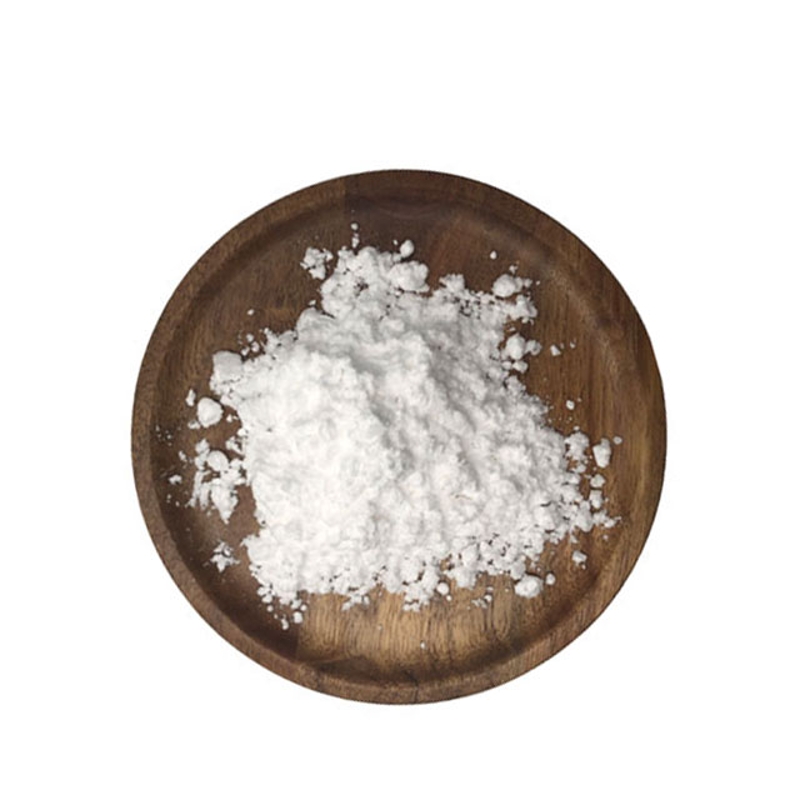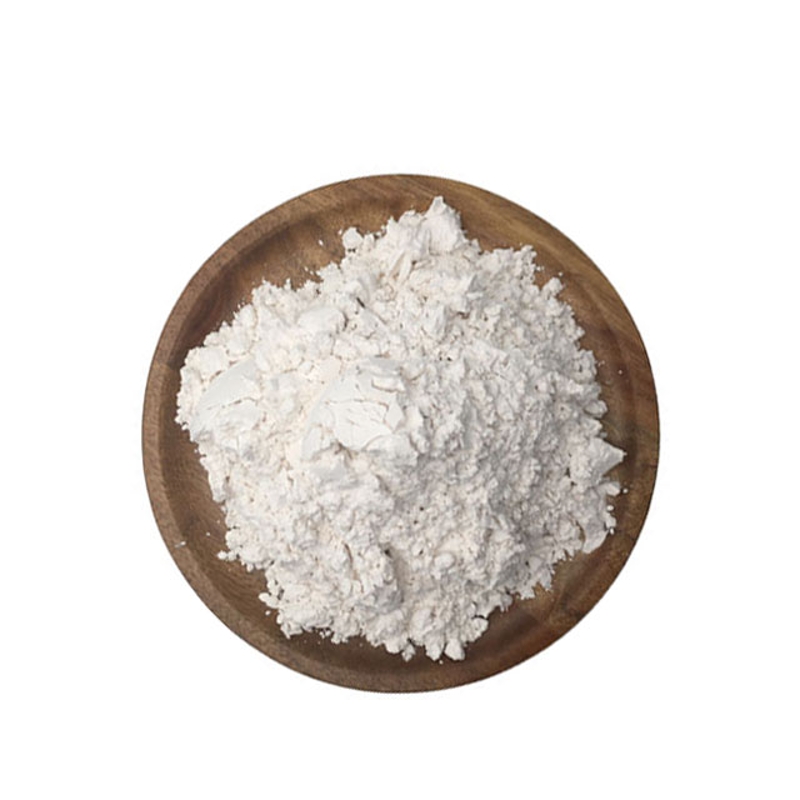-
Categories
-
Pharmaceutical Intermediates
-
Active Pharmaceutical Ingredients
-
Food Additives
- Industrial Coatings
- Agrochemicals
- Dyes and Pigments
- Surfactant
- Flavors and Fragrances
- Chemical Reagents
- Catalyst and Auxiliary
- Natural Products
- Inorganic Chemistry
-
Organic Chemistry
-
Biochemical Engineering
- Analytical Chemistry
- Cosmetic Ingredient
-
Pharmaceutical Intermediates
Promotion
ECHEMI Mall
Wholesale
Weekly Price
Exhibition
News
-
Trade Service
Accurate reporting of cancer treatment-related adverse effects (AEs) is critical for researchers, sponsors, regulators, physicians, and patients
.
The accepted standard for reporting adverse reactions in oncology trials is the National Cancer Institute (NCI) Common Criteria for Adverse Events (CTCAE)
CTCAEs are also used to report AEs in childhood cancer trials
.
Children and adolescents treated for cancer tend to have a high symptom burden, but many studies have shown that children and clinicians or guardians report inconsistent symptoms and functioning
The severity of symptoms in children is often underestimated by doctors and exaggerated by guardians
Subjects were 7-18-year-old children with cancer whose clinicians and guardians had completed CTCAE assessment training both before (T1) and after (T2) treatment
.
Each assessment consists of 15 core adverse reactions involving physical and mental health, with a score of 0-3 each
Patient-reported and physician-assessed partial AE grades
Patient-reported and physician-assessed partial AE gradesA total of 438 patient-physician-guardian groups completed either T1 or T2 assessments
.
438 children, mean age 13 years, 53.
With the exception of constipation, nausea, anorexia, neuropathy, and anxiety, all other clinician-assessed AEs were significantly lower in leukemic lymphoma at T1 than in children, and remained significantly lower at T2 .
Physician-assessed AEs were less consistent compared with child-assessed symptomatic AEs, while guardian-assessed AEs were relatively consistent
Original source:
David R.
Freyer, et al.
Lack of Concordance in Symptomatic Adverse Event Reporting by Children, Clinicians, and Caregivers: Implications for Cancer Clinical Trials .
J Clin Oncol.
March 17, 2022.
Lack of Concordance in Symptomatic Adverse Event Reporting by Children, Clinicians, and Caregivers: Implications for Cancer Clinical TrialsLeave a Comment







